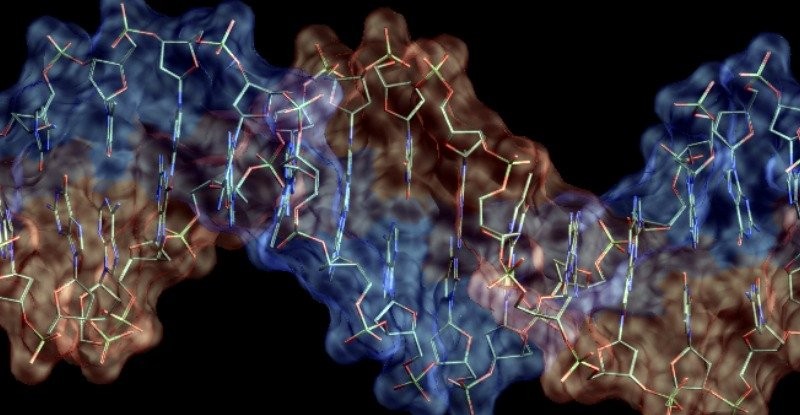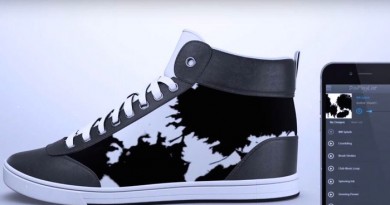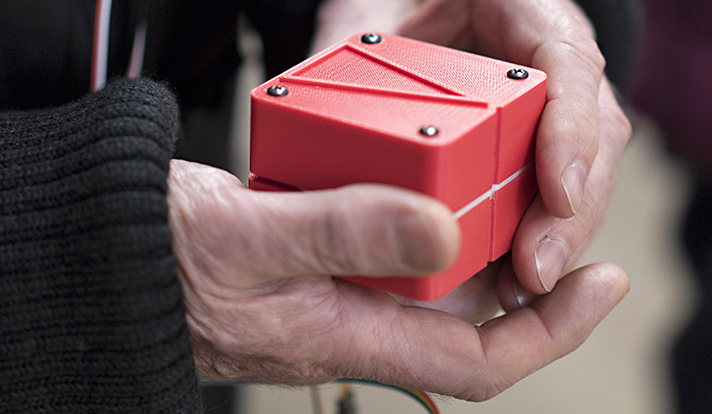Internet In A Test Tube
Have you ever thought what would happen to all the information that we acquire from Internet in the future? The information that is available on the internet might not be available in the future. Even though we like to believe that information is here forever but actually it is fragile and can be lost over time like hard disks and book tend to decay over time. So it is our duty to preserve the information we acquire in a indestructible and someplace where it could be stored for a very long time stably.
To help humanity in this endeavor Engineer Robert Grass describes his quest to find a method of preserving information that could be stable for millions of years. The secret is “DNA“.

In 2012, researchers found that you could transfer a megabytes (MB) of information into DNA and then read it back. DNA has a language of its own, and is written in sequences of nucleotides (A, C, T, and G), it might be thought as similar to binary, which breaks information down into ones and zeros. And DNA has the advantage of being able to store an enormous amount of information into a tiny space. Theoretically, one gram of DNA could hold 455 exabytes of information which is enough for all the data held by Google, Facebook and every other major tech company, with room to spare. WOW.
But according to Grass: “The issue with previous DNA studies is that they haven’t looked at the stability of the information over time, which is a crucial factor.”
Grass and Reinhard Heckel of ETH Zurich, Switzerland, have come up with a method for not only potentially fitting all of Facebook or Wikipedia into a small test tube, but preserving them forever. Grass got this inspiration from ancient fossils, which contains DNA of the preserved animal in a extremely stable state. DNA decays by reacting with water and oxygen, but by packing the synthesised DNA in stable glass, Grass believes he can prevent the degradation. But as no preservation method is perfect, this is where Heckel comes in. Heckel came up with the idea of adding redundancies into the DNA, so that if you lose part of the information you can recover it. They exposed their capsules to tests that mimic a 500,000 to a million years of cold storage, and they held up.
Grass on BBC talked about his quest to find a method of preserving information that could be stable for millions of years and what information is needed to be stored. Watch the entire video on BBC.




